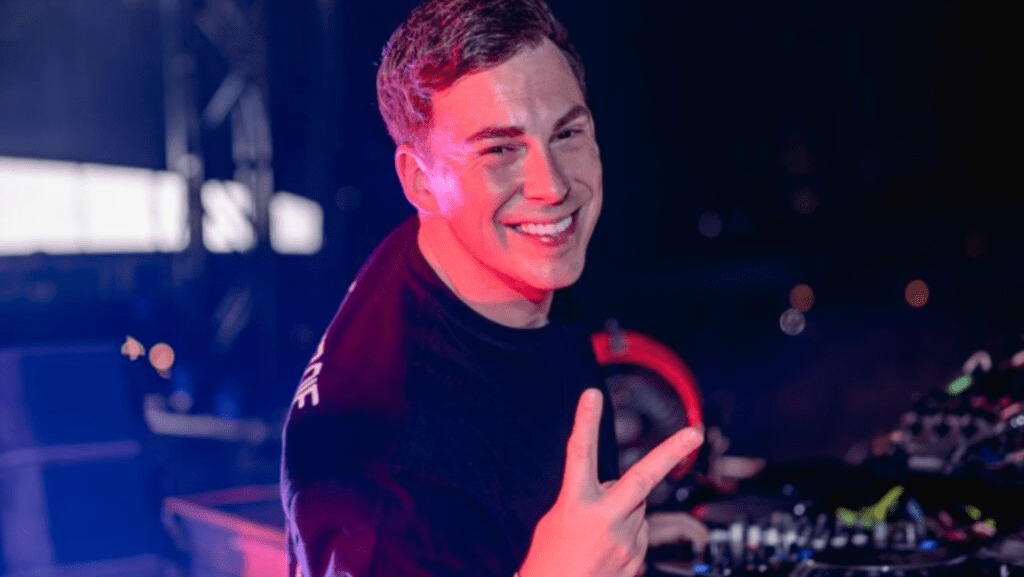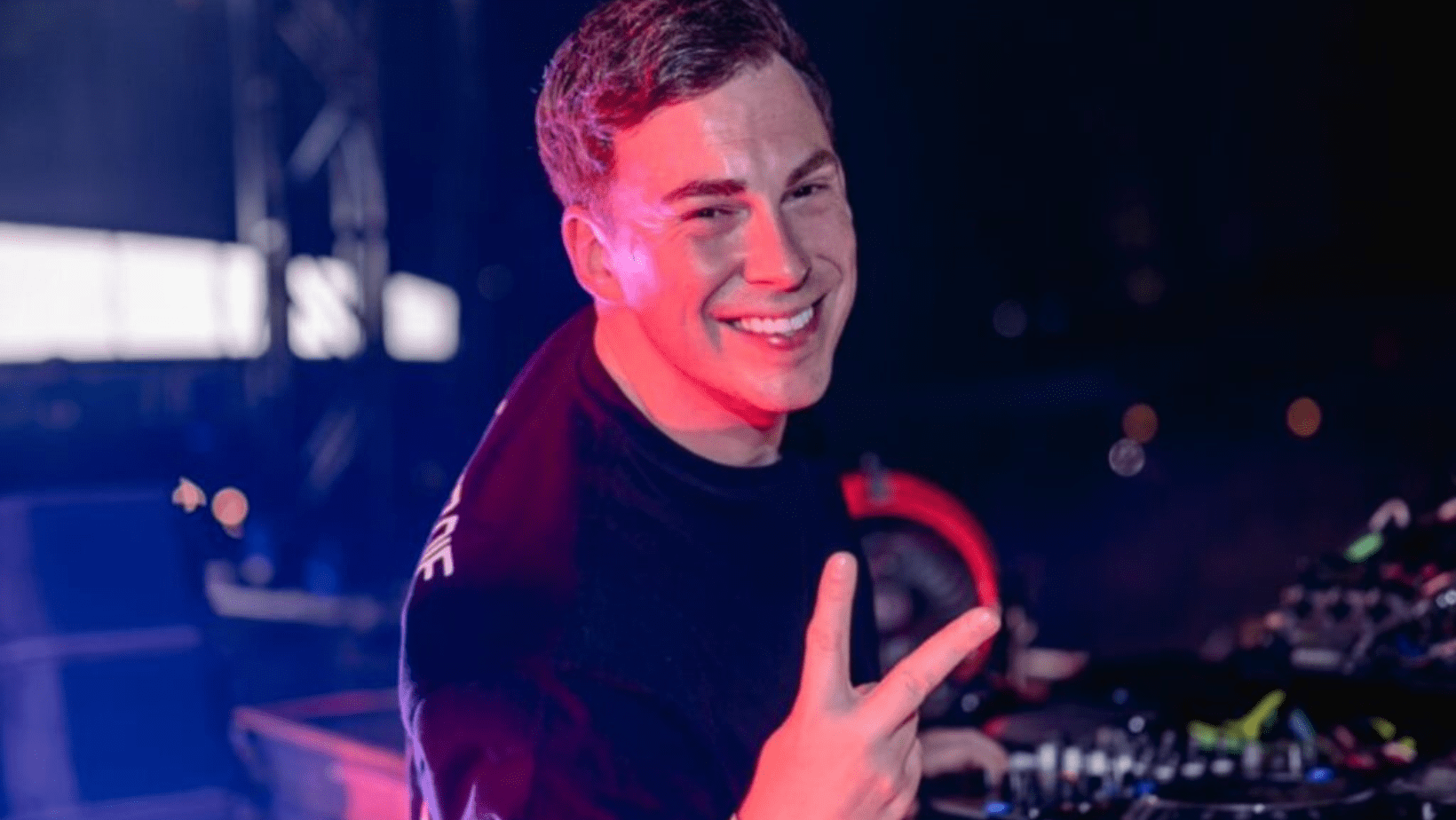

In the rapidly evolving world of electronic dance music (EDM), the integration of artificial intelligence (AI) is stirring both excitement and concern. As AI tools become more advanced, their ability to analyze and replicate musical patterns grows stronger. However, many artists argue that AI still falls short when it comes to true creativity and innovation. One of those artists is renowned Dutch DJ and producer Hardwell, who recently shared his thoughts on the future of AI in music production and why the human touch remains irreplaceable.
AI’s Limitations in Creativity
During a conversation with Haute Living, Hardwell expressed his belief that AI is fundamentally limited in its creative capabilities. While AI can process vast amounts of data and mimic existing styles with remarkable accuracy, it struggles to create something genuinely new. “AI can’t come up with anything truly ‘new’—it’s always doing what’s already been done,” he remarked.
Hardwell’s stance highlights a key concern within the EDM community: while AI may be a powerful tool, it lacks the ability to break new ground. Electronic music thrives on innovation, from the early days of drum machines to today’s cutting-edge digital audio workstations (DAWs). According to Hardwell, AI simply cannot capture the essence of human spontaneity and originality.
The Human Element in EDM
At the heart of Hardwell’s argument is the belief that human creativity is unpredictable and forward-thinking—qualities that AI cannot replicate. “The great thing about electronic music is that it’s always pushing boundaries, and AI is always trying to catch up,” he explained. This ability to innovate and push the genre forward gives human producers a distinct advantage.
Hardwell also pointed out that AI’s reliance on past data means it can only imitate patterns that already exist. “AI can try to imitate [being forward-thinking], but it’s always four steps behind,” he said. For now, human ingenuity remains essential in shaping the future of EDM, allowing DJs and producers to explore new sonic landscapes that algorithms simply cannot envision.
The Broader Industry Perspective
Hardwell’s perspective is one voice in a larger conversation about AI’s role in music production. Some artists share his skepticism, fearing that AI could dilute the emotional and creative essence of music. Others, however, see AI as a powerful ally that can enhance their creative process.
For instance, fellow DJ and producer Zedd has openly embraced AI technology. In collaboration with Intel, he used AI-driven tools to create an immersive musical experience for his album Telos. Zedd acknowledges that AI has expanded his creative horizons, saying, “I would have never been able to make the music I make if it wasn’t for AI.” This demonstrates a more optimistic view of how AI can serve as a collaborative tool rather than a creative replacement.
The Future of AI in Music
As technology continues to advance, the debate over AI’s role in music production is unlikely to fade. While AI tools offer new possibilities for sound design and music generation, many artists believe that true innovation will always require a human touch. Hardwell’s reflections underscore a broader industry sentiment: no matter how advanced AI becomes, it will always struggle to replicate the emotional depth and creative intuition of a human artist.
For now, AI remains a tool that enhances, rather than replaces, human creativity. As EDM continues to evolve, the balance between technological innovation and human artistry will define the genre’s future, keeping the soul of electronic music firmly in human hands.

